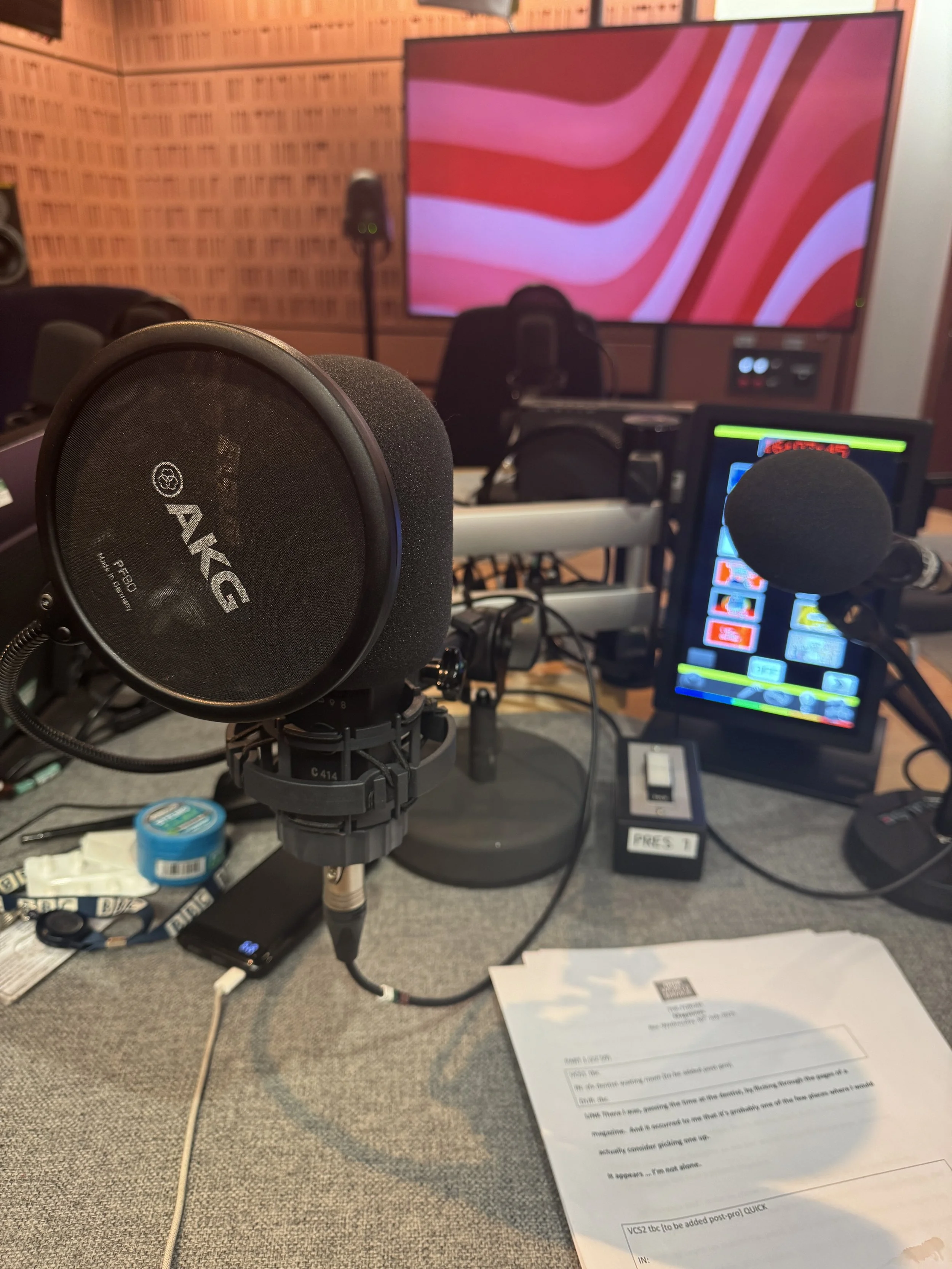Unfolding Magazines
My view
When magazines first emerged, they were the preserve of an elite who could afford to pay for them. But as time went on, the cost of paper fell, printing technology became more streamlined, literacy improved and would-be publishers spotted an opportunity to connect with audiences hungry for information and entertainment.
Magazines found a place to appeal to all types of interest, in the same way that the internet does today. In their heyday they attracted some of the best writers such as Charles Dickens and Ernest Hemingway, sometimes acting as a vehicle to establish literary careers. Later magazines were to become the go-to place for quality photography and design.
Falling advertising revenues have largely contributed to the decline of printed magazines, as well as editions moving online. However some titles have found a way of reinventing themselves in the 21st century.
I’m joined by a panel of guests to discuss the rise and evolution of magazines. Usha Raman is a professor in the Department of Communication at the University of Hyderabad in India, who began her career in magazines, writing and editing a variety of publications. She's also the owner and editor of a specialist magazine for teachers.
Samir Husni is the founder and director of the Magazine Media Centre in the United States. He's also written many books, including Inside the Great Minds of Magazine Makers.
And Tim Holmes is a former magazine editor, writer and until his retirement, leader for many years of the magazine journalism course at the University of Cardiff in the UK. We'll also hear from a variety of Forum listeners from around the world, who share their thoughts on magazines
.Broadcast on Saturday 23rd August 12:06 Local time BBC WORLD SERVICE EXCEPT EAST AND SOUTHERN AFRICA & WEST AND CENTRAL AFRICA.
Or Listen Right NOW above and on BBC Sounds.









